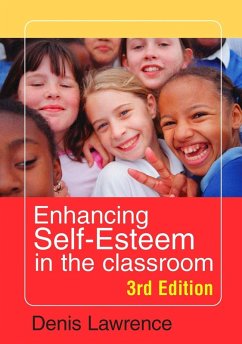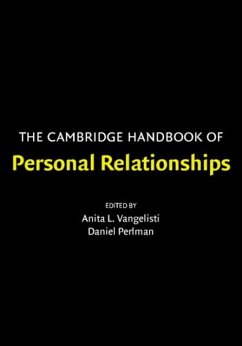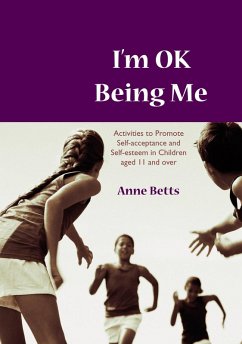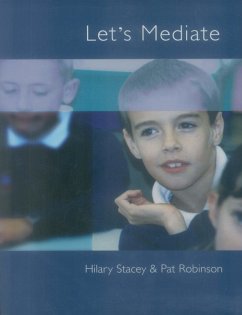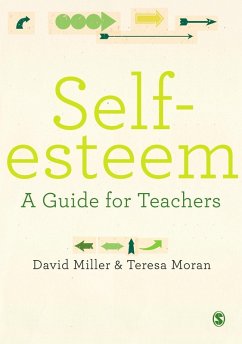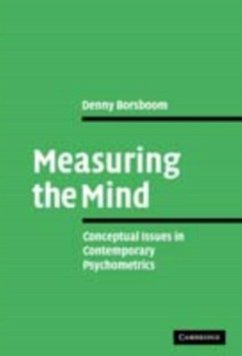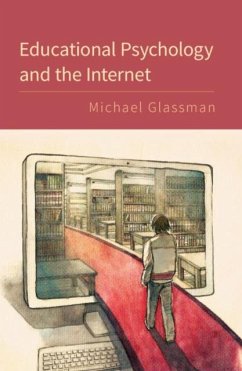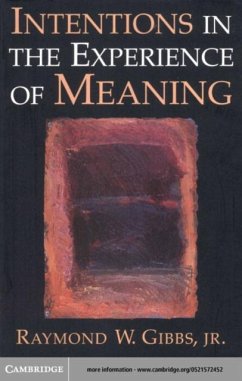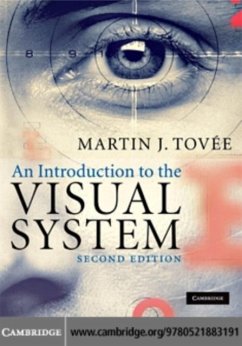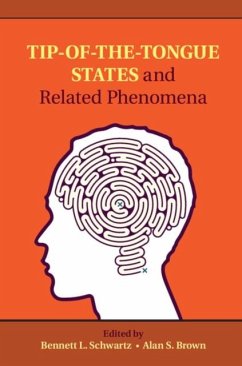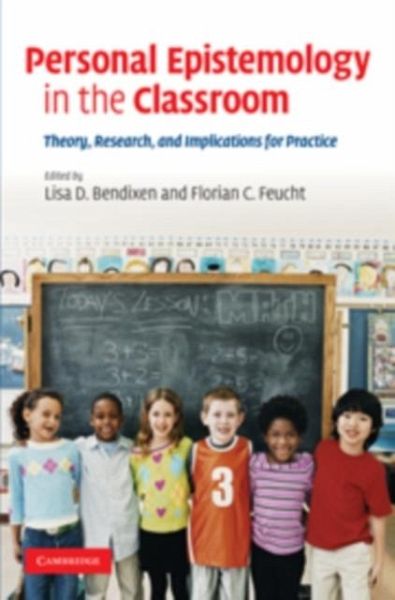
Personal Epistemology in the Classroom (eBook, PDF)
Theory, Research, and Implications for Practice
Redaktion: Bendixen, Lisa D.
Versandkostenfrei!
Sofort per Download lieferbar
47,95 €
inkl. MwSt.
Weitere Ausgaben:

PAYBACK Punkte
24 °P sammeln!
Personal epistemology is the study of beliefs associated with knowledge and knowing. A large body of theory and research in personal epistemology has been dedicated to college students, but rarely have the epistemic beliefs of children, adolescents, and their teachers been thoroughly examined. This book incorporates both theoretical and empirical work pertaining to personal epistemology as it specifically relates to learning and instruction. Bringing together leading research on pre-school through high school students' personal epistemology, it re-examines existing conceptual frameworks, intro...
Personal epistemology is the study of beliefs associated with knowledge and knowing. A large body of theory and research in personal epistemology has been dedicated to college students, but rarely have the epistemic beliefs of children, adolescents, and their teachers been thoroughly examined. This book incorporates both theoretical and empirical work pertaining to personal epistemology as it specifically relates to learning and instruction. Bringing together leading research on pre-school through high school students' personal epistemology, it re-examines existing conceptual frameworks, introduces new models, provides an empirical foundation for learning and instruction, and considers broader educational implications. In addition, the contributors stress how personal epistemology issues in the classroom need to be more carefully investigated and understood.
Dieser Download kann aus rechtlichen Gründen nur mit Rechnungsadresse in A, B, BG, CY, CZ, D, DK, EW, E, FIN, F, GR, HR, H, IRL, I, LT, L, LR, M, NL, PL, P, R, S, SLO, SK ausgeliefert werden.




